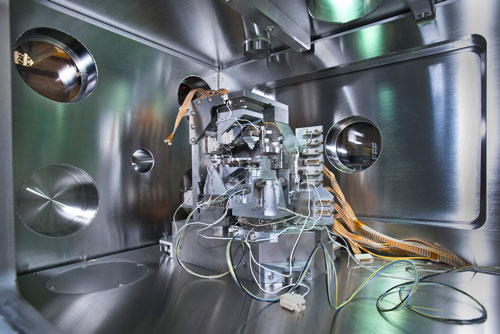http://www.nanowerk.com/nanotechnology-news/newsid=39572.php
There are a lot of different lenses you can use to look at nanotechnology. Â I personally prefer to use the tightest possible one, to look at machines that are built on a molecular scale (rather than just run of the mill itty bitty machines).
When you get that small, everything becomes chemistry and physics. Â The standard model of how to assemble objects, or how to get parts to interact with one another, must be set aside because you are no longer dealing with things can be assembled with a hot-glue-gun and rivets, but things that have to WANT to come together. Â You are attaching pieces to other pieces through chemical bonds, rather than just physical attachments.
So I am always delighted when I run across something new in this space. Â The article referenced above is looking at ways to assemble nano-molecular machines not by chemistry alone, but rather by the physical shapes and attributes of the proteins that make up different parts. Â It’s almost like a very fancy 3d puzzle.





